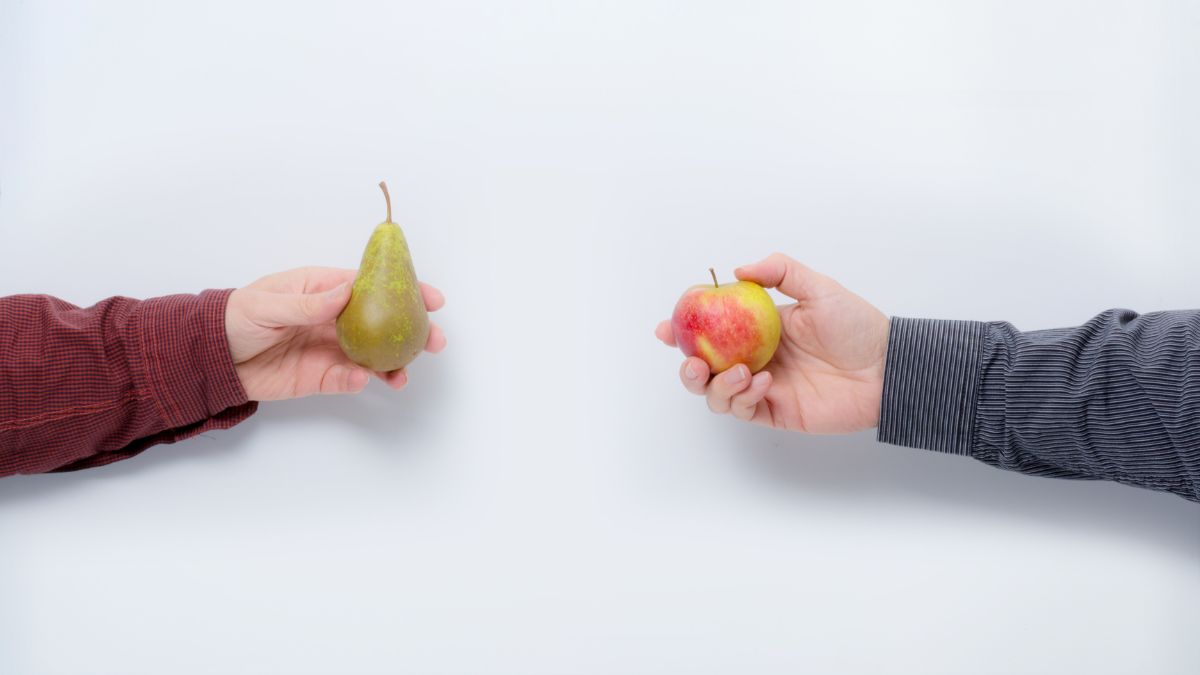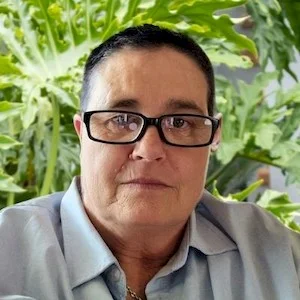
Recognising Denial and Comparison in Substance Addiction
Could recognising patterns of denial and comparison help you see how they maintain your substance addiction?
People with addiction or substance abuse problems use different forms of denial to keep themselves in the addictive cycle. Comparing in addiction is one example. Denial can be a dysfunctional protection mechanism which you may use to protect yourself from having to recognise, deal with and accept the reality of what is occurring in your life. This is often unconscious.
International addiction expert Terence Gorski identified 12 patterns of denial used by addicts and alcoholics – one of which is comparing. Read on to find out more about how people with chemical dependency compare their addiction to others’ as a denial strategy to safeguard their addictive behaviours.
What is Denial in Addiction?
Denial is the first issue to address when addicted persons enter treatment or try other ways of recovering from their substance use disorder.
Denial is when someone
- Ignores reality
- Downplays reality
- Distorts reality
Reality is painful and difficult, and the addict turns to substances or other addictive behaviours to cope – i.e., to escape.
In the words of Dr Diamond: “The addict cannot tolerate reality… Neither internal reality nor external reality”. “They find reality repugnant, uncomfortable, and overwhelming, and prefer, like the psychotic, withdrawal into fantasy, bliss, or oblivion over reality.”
The first of the 12 steps of Alcoholics Anonymous, and other 12-step programmes, is completely geared at confronting and overcoming denial: We admitted that we were powerless over alcohol/drugs – that our lives had become unmanageable.
Without truly confronting and overcoming denial, no matter how much you want to get better, denial will trip you up and prevent you from recovering. This can be a tricky process because denial comes in so many forms and has become so normalised to the addict that they struggle to even recognise when they are using a given pattern of denial.

What is Comparing in Addiction Denial?
“Showing that others are worse than me, proves that I don’t have serious problems”
Comparing is a particularly dangerous from of denial because, if you look hard enough, you can always find someone whose situation is ‘worse’ than your own.
People with substance use problems often compare their addiction with others’ in order to feel better about, or detract from, their situation.
They might use phrases like “at least I’m not” or “I could be worse”.
They may say:
- I haven’t been arrested like John
- I only smoke heroin, I don’t inject like Sipho
- I haven’t ended up on the street like Jane
- I only smoke weed, I don’t snort cocaine like Naledi
They may use these comparisons to argue that they haven’t hit ‘rock bottom’ and they don’t need help… Yet.
Addiction professionals always warn people stuck in this pattern of denial that the disease of addiction is progressive and they should not feel comfortable that they haven’t reached a particular low in their addiction because they eventually will – if they don’t get help. It is only a matter of ‘yet’ – you haven’t YET reached a particular rock bottom or experienced a particular negative consequence.
Addiction experts also warn that it is dangerous to think a person needs to reach ‘rock bottom’ in order to recover. Rock bottom is a matter of perception and many people have got clean and sober without having lost everything.
In this blog we have described how addicts tend to compare their problems with other people’s – a process which serves to keep them in denial and prevent them from getting the help they need.
“Comparison is the root cause of all evil.
Why compare when no two people are alike?”
― Haresh Sippy
Is your loved one in denial? Help them get help – contact us today.
Read more about the 12 patterns of denial below:
- Avoidance and Addiction
- Absolute Denial and Addiction
- Minimising and Addiction
- Rationalising and Addiction
- Blaming and Addiction
- Compliance and Addiction
- Manipulation and Addiction
- Flight Into Health
- Recovery by Fear and Addiction
- Strategic Hopelessness and Addiction
- The Democratic Disease State
Recognising denial and comparison in addiction exposes the subtle excuses that sustain substance use and can prompt honest change and seeking effective help. Changes team counsellors are here to help you.Patterns Of Denial And Comparison In Addiction Revealed








